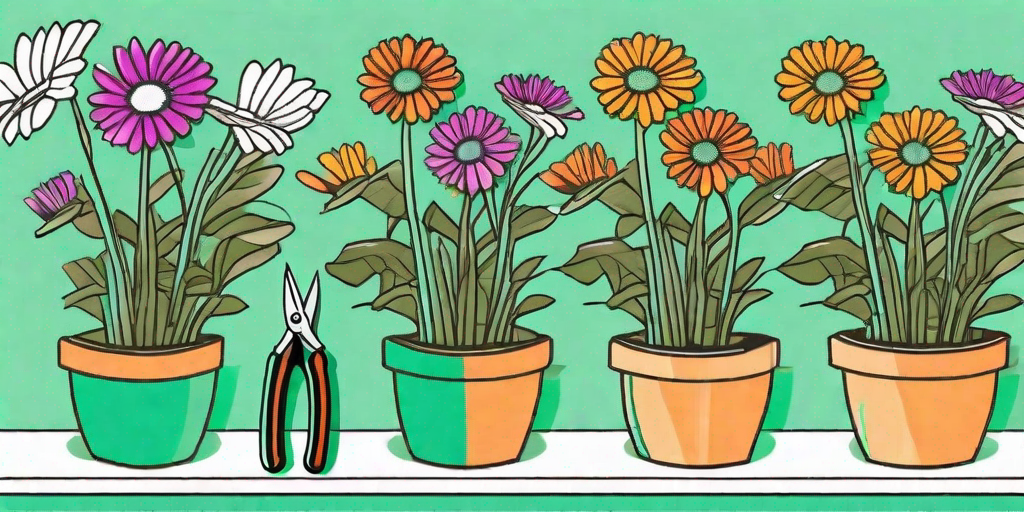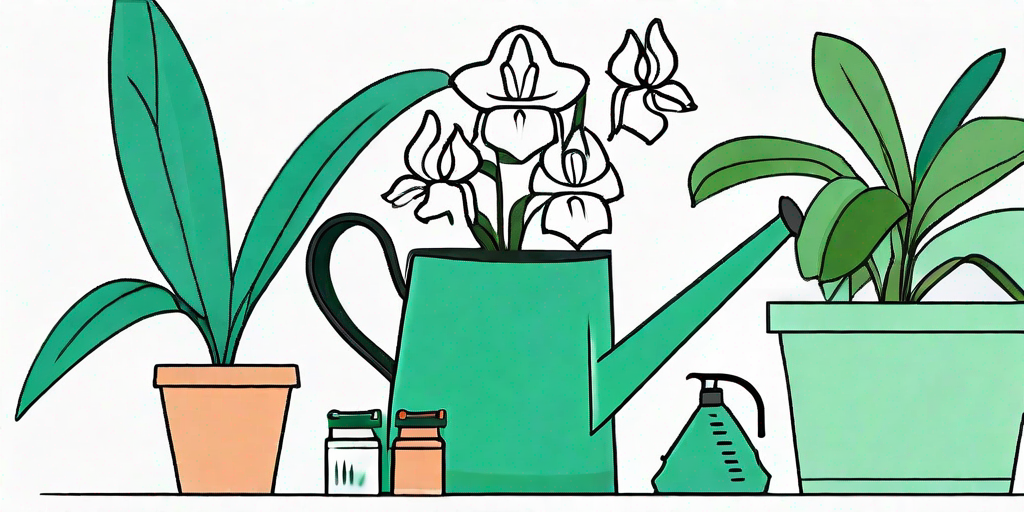
Welcome to the world of orchids, where the flowers are as exotic as their names and the care is as intricate as their blooms. If you're new to this, don't worry. We're here to guide you through the labyrinth of orchid care, with a dash of humor and a pinch of cheekiness. So, buckle up and let's dive into the fascinating world of orchids.
The Basics of Orchid Care
Before we delve into the nitty-gritty, let's get some basics out of the way. Orchids are not your average potted plants. They're divas, demanding attention, care, and a bit of pampering. But don't let that intimidate you. With a little patience and a lot of love, you'll have your orchids blooming in no time.
Orchids are epiphytes, meaning they grow on the surface of other plants, drawing nutrients from the air, rain, and debris around them. This means they require a different care approach than your typical soil-dwelling plants. But don't worry, we've got you covered.
Light
Orchids are like Goldilocks when it comes to light - they want it just right. Not too much, not too little, but just the right amount. Most orchids thrive in bright, indirect light. Direct sunlight can burn their delicate leaves, while too little light can stunt their growth.
So, how do you know if your orchid is getting the right amount of light? Easy. Look at the leaves. If they're a healthy, vibrant green, you're on the right track. If they're dark green, your orchid might be craving more light. If they're reddish or have brown spots, they might be getting too much.
Water
When it comes to watering orchids, less is more. Orchids hate having wet feet and can easily drown in too much water. The key is to water thoroughly but infrequently, allowing the orchid to dry out between waterings.
How often should you water your orchid, you ask? Well, it depends on the type of orchid and the environment. But a good rule of thumb is once a week in the summer and once every two weeks in the winter. Remember, it's better to underwater than overwater.
Orchid Potting and Repotting
Now that we've covered the basics, let's talk about potting and repotting. This is where things get a bit tricky, but don't worry, we're here to guide you through it.
Orchids don't grow in soil like most plants. Instead, they prefer a loose, well-draining mix of bark, moss, and other materials. This mimics their natural habitat and allows air to reach their roots.
Potting
When potting your orchid for the first time, choose a pot that's just large enough to accommodate the roots. Orchids like to be snug in their pots. Fill the pot with your orchid mix, place the orchid in the pot, and gently fill in around the roots with more mix.
Remember, the key is to provide a well-draining environment that allows air to reach the roots. So, don't pack the mix too tightly. Your orchid will thank you.
Repotting
Orchids need to be repotted every one to two years. This is because the potting mix breaks down over time, reducing drainage and air flow. Plus, your orchid might outgrow its pot.
Repotting is similar to potting. Simply remove the orchid from its current pot, gently clean the roots, and place it in a new pot with fresh mix. Easy peasy.
Frequently Asked Questions
- Why are my orchid's leaves turning yellow?
- Yellow leaves can be a sign of overwatering. Remember, orchids don't like wet feet. Try reducing your watering frequency and see if the problem improves.
- Why isn't my orchid blooming?
- There could be several reasons. It could be that your orchid isn't getting enough light, or it could be that it's not getting the right nutrients. Try moving your orchid to a brighter location and feeding it with a balanced orchid fertilizer.
- Can I grow orchids outside?
- It depends on your climate. Orchids are tropical plants and prefer warm, humid conditions. If you live in a similar climate, you can certainly try growing orchids outside. Just make sure to protect them from extreme weather conditions.
Conclusion
And there you have it, a comprehensive guide to orchid care. Remember, orchids are not your average plants. They require a bit of extra care and attention. But with patience and love, you'll be rewarded with beautiful, exotic blooms that will make all your efforts worth it.
So, are you ready to embark on your orchid care journey? We bet you are. Happy orchid growing!















